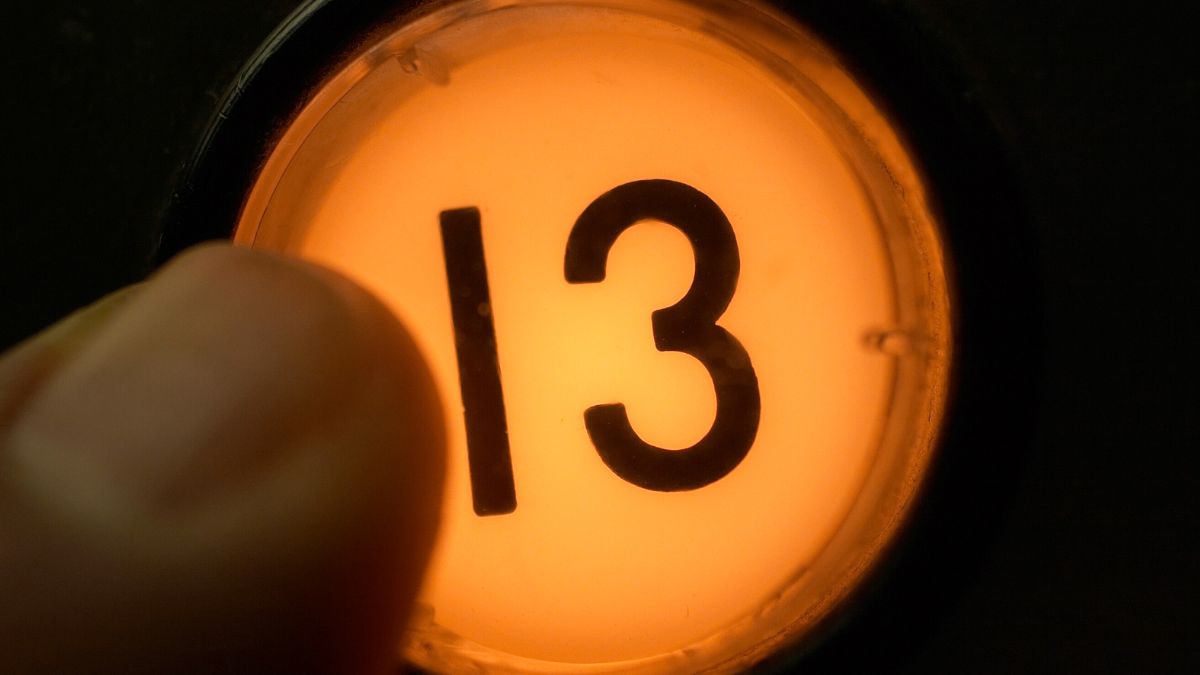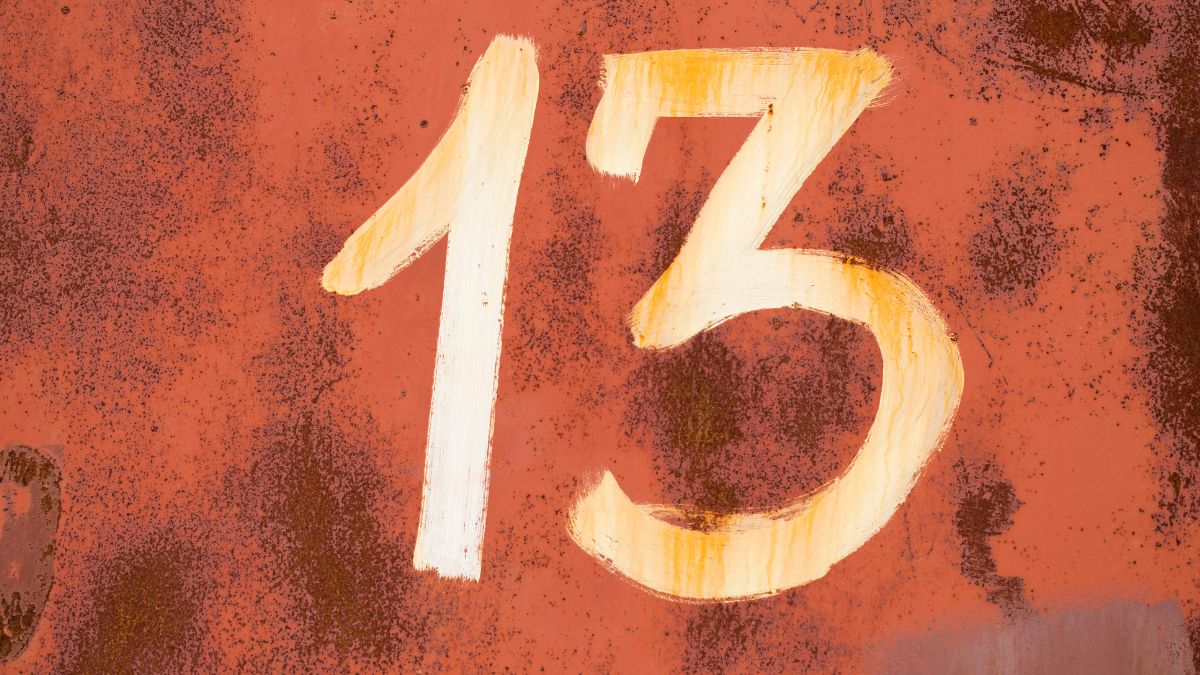- By Kashish Rai
- Wed, 24 Jan 2024 01:12 PM (IST)
- Source:JND
Hinduism reveals numerous enigmas and legends behind the fortunate and unlucky. You may have heard your parents or grandparents warn against using the number 13, seeing it as unlucky. Nonetheless, a plethora of mythical tales and facts demonstrate the unluckiness of the number 13. Nonetheless, the number 13 is seen as lucky in many cultures. Sounds confusing, doesn't it? Let us uncover if the number 13 is unlucky according to Hinduism.

Number 13 is regarded as an unlucky digit according to Western culture. (Image Source: Canva)
Significance Of Number 13 In Hinduism
In Hindu culture, 13 is associated with luck and optimism. In addition, the thirteenth day is observed as Trayodashi, a day honouring Lord Shiva. On this day, people observe rituals, fasts, and offerings. The 13th day of the month is designated as the Pradosh vrat in Hinduism, which is devoted to Lord Shiva. As a result, as this day offers luck and success, it can be wonderful for your new business.
In addition, on the thirteenth night of the Magha month, Hindus celebrate Maha Shivratri, one of the most auspicious festivals. This is the reason why 13 is considered the luckiest number in Hinduism.
Significance Of Number 13 As Per Astrology And Numerology
Astrology suggests that the planets Rahu and Ketu are associated with the number 13. This digit also have some degree of a relationship with the planets Jupiter and the Sun. Additionally, 13 is thought to symbolise God's grace in astrology. Moreover, in Hindi, 13 is called Terah, which translates to "Yours."
ALSO READ: 8 Vastu Tips For Dining Room To Keep Health Problems At Bay
This number carries certain positive vibrations and energy that might be ambiguous depending on the circumstances, according to Indian Numerology. Furthermore, double numbers in numerology are reduced to single numbers, such as 1+3=4. According to numerology, the number 4 signifies being lucky. Furthermore, 13 is thought to be the number of Karma, meaning that you will reap the rewards of your actions.
(Disclaimer: This is based on general public information. Jagran English does not confirm its veracity. Before adopting any measures, consult an expert from the relevant field.)

